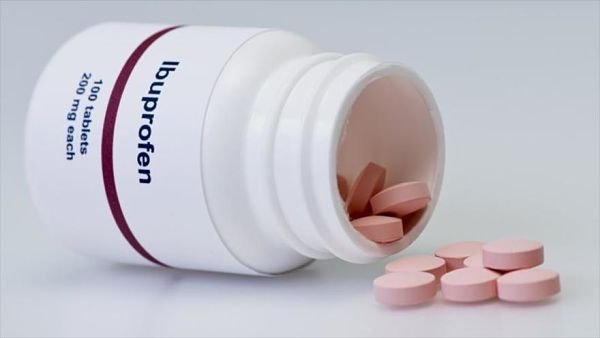Are you a man and take ibuprofen? Read this
Ibuprofen, one of the most widely used anti-inflammatories, can adversely affect the reproductive health of men if taken in large doses and for a prolonged period, according to the National Institute of Health and Medical Research of France (INSERM).

This is the conclusion of a team of researchers from INSERM, with the support of others from the Rennes University Hospital, the LABERCA Institute in Nantes and Danish colleagues, who worked with a sample of 31 young people from 18 to 35 years old, who resort to Very often to this medication, since it can be obtained without a prescription.
Taking long-term doses of ibuprofen (1,200 milligrams a day for six weeks) causes young men "severe endocrine disruptive effects that lead to a state called 'compensated hypogonadism,' INSERM said in a statement.
This compensated hypogonadism, which usually affects around 10% of older men, "is generally associated with an increase in risks both for reproductive health and for health in general," he added.
When the participants took ibuprofen, the levels of pituitary hormone, which plays a key role in the control of testosterone production, rose "strongly".
Other experiences have shown that the drug inhibits a hormone produced by Sertoli cells - inhibin B - that regulates the follicle-stimulating hormone.
The authors of this study explained that they resorted to athletes because athletes use "massively" ibuprofen as self-medication or "by the pressure of their professional environment", as, among other things, it is not prohibited by the anti-doping rules.
INSERM recalled that other previous work by its investigators had already shown "the potential deleterious effects of aspirin and paracetamol for the adult human testis and ibuprofen for the development of the testicles during pregnancy."
Reference:
INSERM
